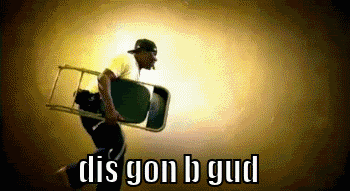I'm no lawyer and have only taken a few business law classes but from what I recall on this topic, It not only has to be false, but the person who did the libeling/slandering had to have the intent to harm with the lies. That is very difficult to prove.
That's true to an extent, but depends on the defamation from my understanding.
This is from legalzoom.com:
Importance of Intent
Another crucial part of a defamation case is that the person makes the false statement with a certain kind of intent. The statement must have been made with knowledge that it was untrue or with reckless disregard for the truth (meaning the person who said it questioned the truthfulness but said it anyhow). If the person being defamed is a private citizen and not a celebrity or public figure, defamation can also be proven when the statement was made with negligence as to determining its truth (the person speaking should have known it was false or should have questioned it). This means it is easier to prove defamation when you are a private citizen. There is a higher standard required if you are a public figure.
Some states have laws that automatically make certain statements defamation. Any false statement that a person has committed a serious crime, has a serious infectious disease, or is incompetent in his profession are automatically defamatory under these laws.
For Elliott, he would have to prove that the statements made by the NFL that he "has committed a serious crime" are false for it to qualify as defamation, but it may not be necessary for him to prove the statements were "made with the knowledge that it was untrue or with reckless disregard for the truth." However, I'm not sure if the public figure exception would be in effect where it would be held to a higher standard.
When the news first broke, I was on board with the defamation angle, but after thinking about it, I just don't think Elliott can prove the first thing needed for a defamation suit, that the information is false. It may be false, there may be reasons to believe it is false, but I can't see how he would be able to prove it without witnesses or video evidence to substantiate his claims.
This is not saying he doesn't have an argument against the suspension. The league "convicted" him based on the testimony of one witness who had shown herself to be unreliable and out to get Elliott. Such a conviction likely would not stand up in a court, but again, we have to deal with the powers given to the commissioner to punish regardless of guilt being proven.
I think a court should limit those powers to the league only being able to punish players when there has been a clear violation of law (such as video evidence, a court conviction, etc.), but considering that this is an employer-employee relationship, I'm not sure how much authority the courts will have. Ultimately, it will likely be up to the NFLPA to negotiate this power down in the next CBA unless it wants to take drastic measures.






